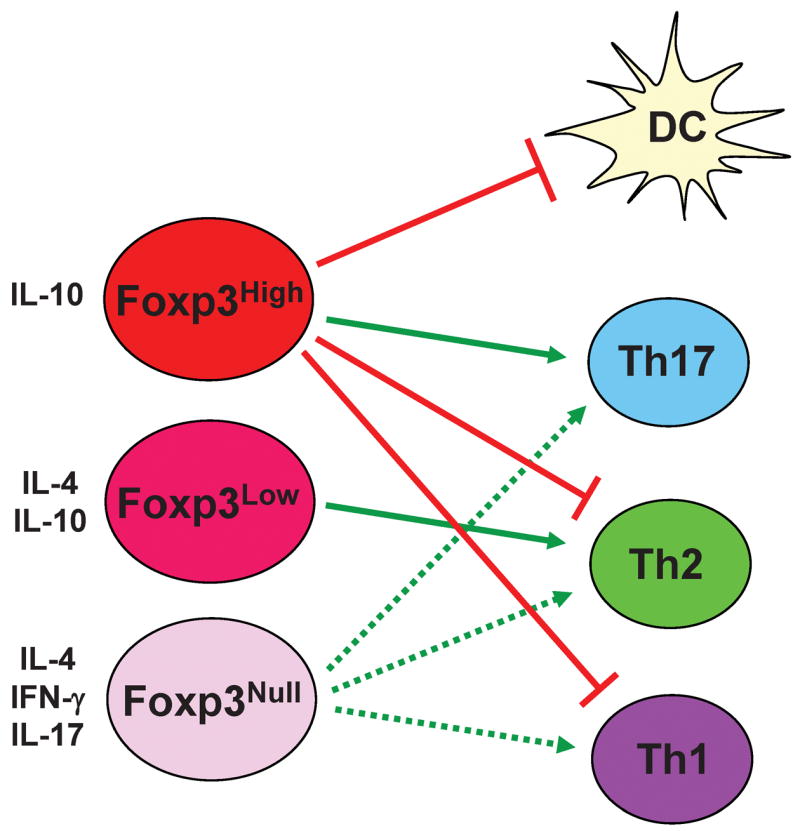Fig. 2. Yin-Yang roles for Foxp3-expressing cells in immune regulation.

High levels of Foxp3 expression endow T-cell immune suppressive activities to suppress the function of effector T cells and DCs through cell contact-dependent and -independent mechanisms. T cells with high levels of Foxp3 expression promote Th17 cell differentiation, potentially through TGF-β. With decreasing Foxp3 expression, T cells can be converted into different types of effector T cells and direct the differentiation of conventional T cells towards different lineages.
